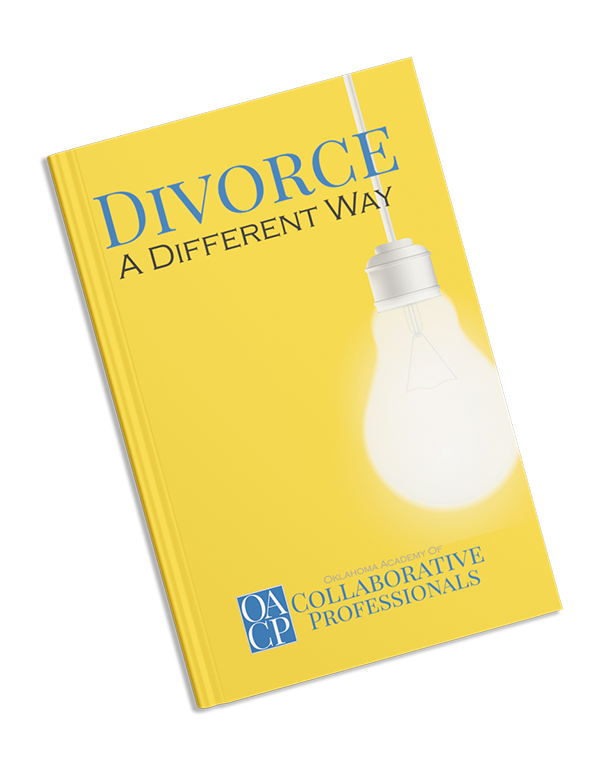COLLABORATIVE DIVORCE
Collaborative Practice is a way for spouses to resolve their divorce respectfully, without going to court. The Collaborative Law model was developed in Minnesota in the 1980s. Each client has the support, protection and guidance of his or her own lawyer.
While Collaborative lawyers are always a part of the process, sometimes child specialists, financial specialists and divorce coaches become involved as part of the clients’ team.
Clients choose professionals as needed and benefit from their expertise and support throughout the process.
Collaborative Practice is distinguished from traditional litigation by these core elements:
- Professionals are hired to negotiate a mutually acceptable settlement without using court to decide any issues
- The professionals must withdraw if either client goes to court
- Clients and professionals engage in open communication and information sharing, and
- Everyone creates shared solutions that take into account the highest priorities of both spouses
How Does Collaborative Divorce Work?
While you will always need to have Collaborative lawyers, you may also choose to start the process with a Collaborative Divorce Coach or a Collaborative Financial Professional. You will meet privately and in joint sessions with your professionals. Collaborative Practice is unique in that it calls for both spouses, and your lawyers, to meet for face-to-face discussions and negotiations-outside the courtroom. In an atmosphere of openness and honesty, all assets are disclosed, needs are communicated, and solutions are explored. When there are children, their interests are given top priority.
The end result of Collaborative Practice is a divorce agreement that has been achieved through mutual problem solving. You, along with your lawyers and other chosen collaborative professionals, take control of shaping the final agreement, rather than having a settlement imposed on you by the court.
What Are The Advantages Of Collaborative Practice?
You keep control of the process, without going to court.
- Children’s needs are given priority.
- You and your spouse commit to reaching agreement through a problem-solving approach.
- An atmosphere of respect minimizes conflict.
- Open communication allows both of you to express your needs for moving forward and gives you new tools for effective problem-solving in the future.
- There is full disclosure of facts and information.
- Face-to-face meetings in the presence of lawyers make negotiations direct and efficient and allow for mutually created resolutions.
- The Collaborative process helps both of you plan for your own future and that of your children, and begin new lives.
Frequently Asked Questions
Is Collaborative Practice Right For You?
Divorce is a highly personal matter, and no one approach is right for everyone. However, many couples have found that Collaborative Practice is a welcome alternative to the potentially destructive aspects of conventional divorce. To determine if Collaborative Practice is right for you, ask yourself if these values are important to you:
- Maintaining respect
- Minimizing conflict
- Prioritizing the needs of your children.
- Being able to listen objectively to your spouse’s needs
- Having your needs be given equal consideration.
- Working cooperatively
- Having your needs be given equal consideration.
- Seeing beyond the frustration and pain of the present to plan for your future.
- Keeping control of the divorce process, and staying out of the court system.
If you and your spouse agree with these basic principles, Collaborative Practice may be a viable option for you. Talk with a Collaborative professional to get a better idea if this process is right for you.
Take The Next Step
Schedule a consultation with one of our collaborative professionals. You can schedule an appointment with one of our attorneys, or if you feel more comfortable you can contact a financial professional or divorce coach.



